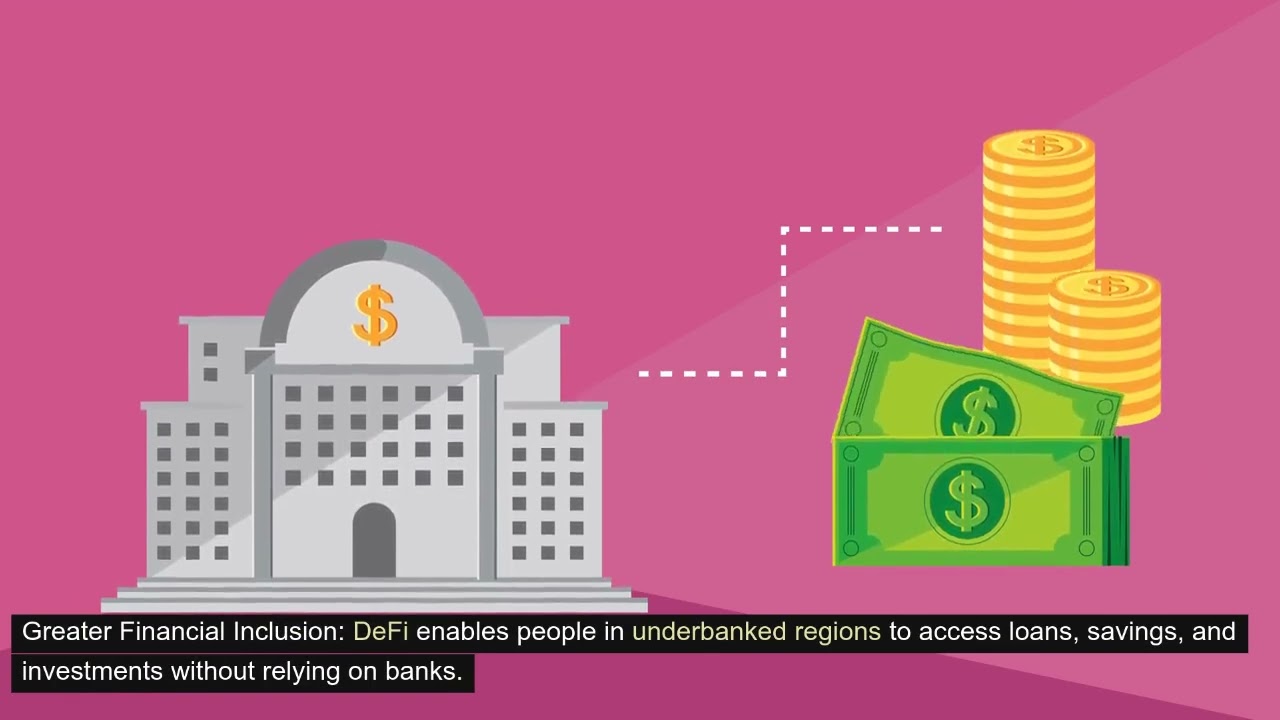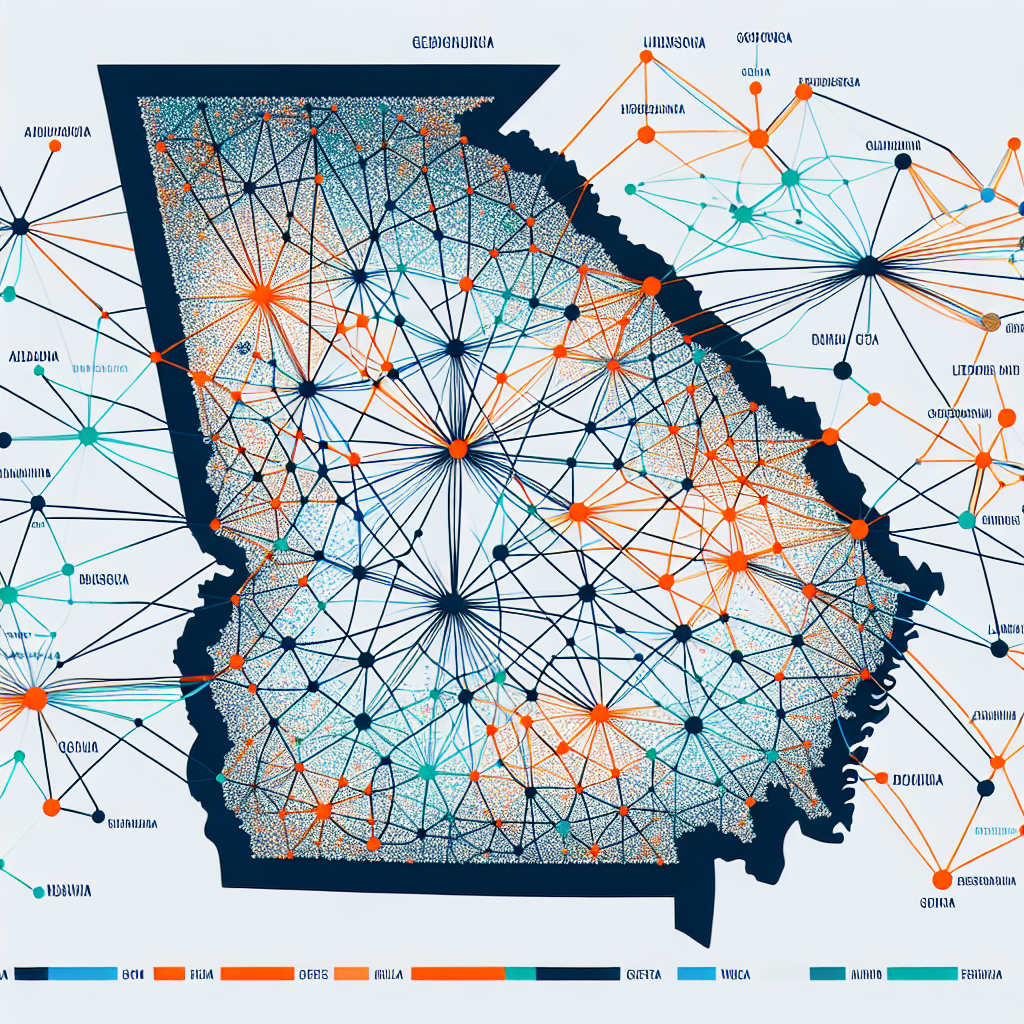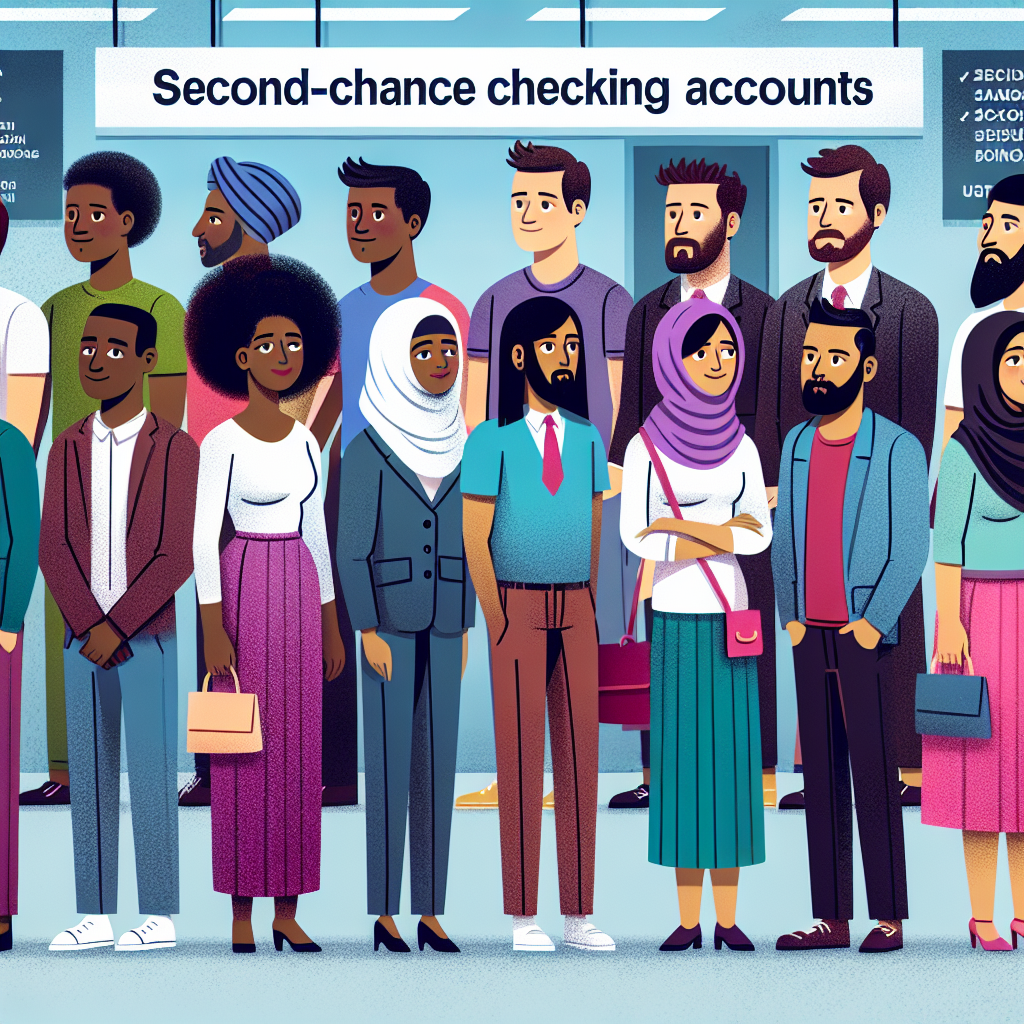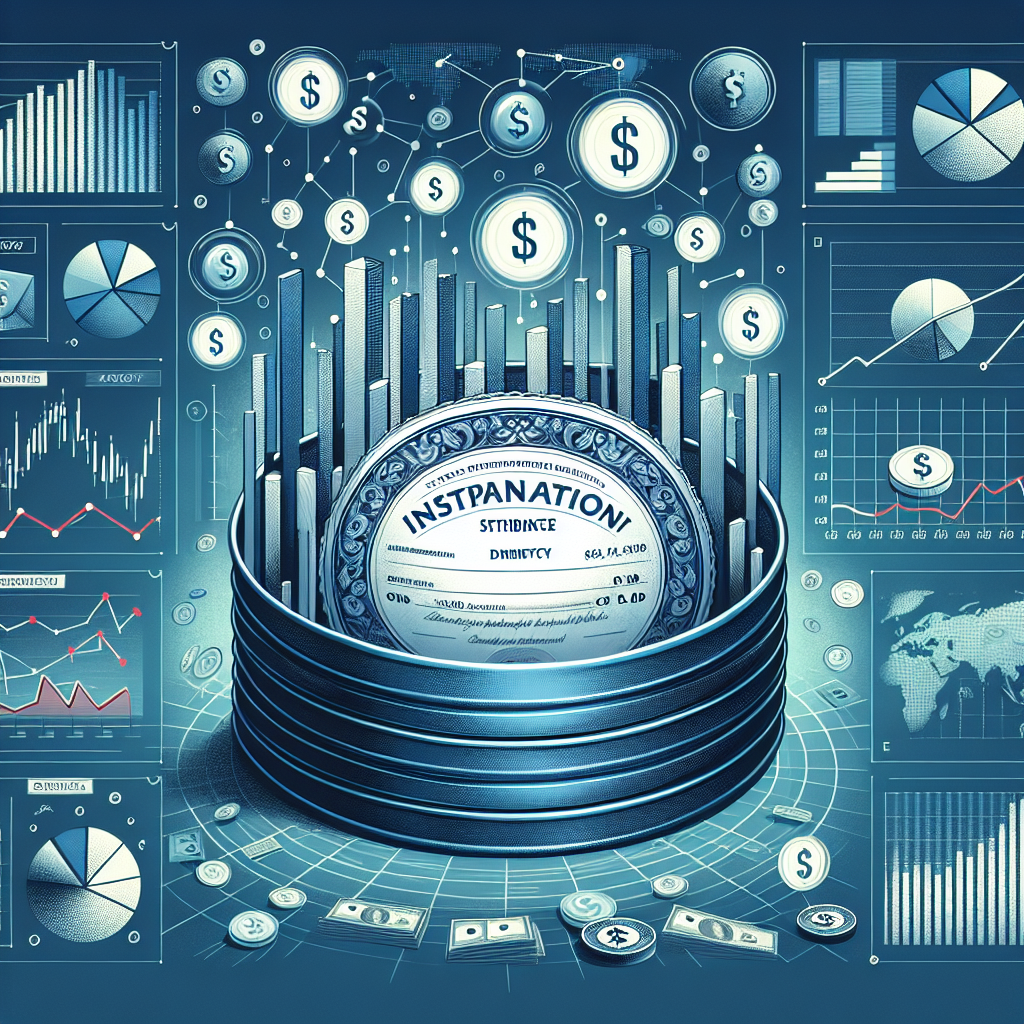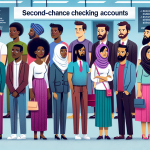The world of money is changing, and that’s thanks to something called Decentralized Finance, or DeFi for short. DeFi is a new way of doing financial services that uses technology called blockchain. With blockchain, people can trade, lend, and borrow money without needing banks or other middlemen. This is important because it can make things faster, cheaper, and fairer for everyone.
One of the coolest things about DeFi is that it is open to anyone no matter where they live. You just need the internet and a smartphone or computer. This means that people in countries without strong banks can still access financial services.
Let’s look at some important terms to better understand DeFi:
Blockchain: A special kind of database that keeps records of all transactions in a secure way. It helps people trust each other without needing a bank.
Smart Contract: A self-executing contract with the terms of the agreement written directly into code. These contracts automatically carry out actions when certain conditions are met.
DeFi Explained How Decentralized Finance Is Changing the Future of Money
Liquidity: How easily you can buy or sell an asset without changing its price too much. In DeFi, having enough liquidity is important for trading.
Token: A digital asset that represents something, like money or a share in a company. In DeFi, tokens can be used for various purposes.
Many people are excited about DeFi because it gives them more control over their money. It’s like building a financial playground where everyone can join in without needing permission from big companies. As DeFi continues to grow, it could change how we think about and use money forever.
The Growing Influence of DeFi: How It’s Changing Financial Services
Decentralized Finance, commonly known as DeFi, is an innovative financial system that operates without traditional banks or intermediaries. It uses blockchain technology to provide financial services, which allows users to control their assets directly. This article will explore the problems associated with traditional finance and how DeFi offers potential solutions.
Understanding Key Terms
- DeFi: A financial system built on blockchain technology that aims to replicate traditional financial services without centralized intermediaries.
- Blockchain: A distributed ledger technology that records transactions across many computers to ensure security and transparency.
- Smart Contracts: Self-executing contracts with the terms of the agreement directly written into code, allowing for automatic and trustless transactions.
- Liquidity Pools: Collections of funds locked in a smart contract that facilitate trading by providing assets to users, often incentivized by earning fees.
The Problems with Traditional Financial Systems
Traditional financial systems suffer from several key issues:
- Centralization: Most financial services are controlled by large institutions, which create a single point of failure.
- High Fees: Banks and intermediaries often charge hefty fees for their services.
- Accessibility: Not everyone has equal access to financial services, especially in developing countries.
- Lack of Transparency: Many individuals do not understand how their money is managed within traditional banks.
How DeFi Addresses These Issues
DeFi aims to solve these problems through several innovative features:
- Decentralization: DeFi applications are built on blockchain technology, removing the need for central authorities. This enhances security and reduces the risk of fraud.
- Lower Costs: By eliminating middlemen, users can save on transaction fees, making financial services cheaper and more accessible.
- Global Reach: Anyone with an internet connection can access DeFi platforms, which allows underserved populations to participate in financial markets.
- Transparency: All transactions on the blockchain are visible to everyone, offering a higher level of trust and accountability.
Real-World Impact of DeFi
DeFi is currently transforming financial services in many positive ways. For instance, users can lend and borrow assets, trade cryptocurrencies, and earn interest on their investments through decentralized platforms. As noted in a recent article,
“DeFi has the potential to democratize finance, offering tools and services that were previously only available to the wealthy.”
Furthermore, DeFi platforms often utilize yield farming and liquidity mining strategies to attract users. Yield farming allows users to earn rewards by providing liquidity to various DeFi protocols, while liquidity mining incentivizes users to stake their tokens in exchange for new tokens.
Challenges Facing DeFi
Despite its advantages, DeFi also faces several challenges:
- Regulatory Uncertainty: Governments are still figuring out how to regulate this new sector, which can lead to instability.
- Security Risks: Smart contracts can have bugs and vulnerabilities, making them susceptible to hacks.
- Scalability Issues: Many DeFi platforms struggle to handle a high volume of transactions, which can lead to slow processing times.
The Future of DeFi
The future of DeFi looks promising. It continues to gain traction, with more users and developers engaging in this ecosystem. One expert remarked,
“The growth of DeFi is a clear indication of the public’s desire for financial sovereignty.”
As the technology matures, we can expect further innovations that will enhance user experiences and address current challenges.
In summary, DeFi is revolutionizing financial services by providing decentralized, accessible, and transparent solutions to long-standing issues in traditional finance. While there are challenges to overcome, its growth could significantly impact how we think about and manage our finances.
What is DeFi?
DeFi, or decentralized finance, refers to a financial system built on blockchain technology that operates without traditional intermediaries, such as banks. It allows users to engage in a variety of financial activities, including lending, borrowing, and trading, using smart contracts.
How is DeFi changing financial services?
DeFi is transforming financial services by offering greater accessibility and transparency. Users can access financial products and services without requiring approval from banks or other intermediaries, often leading to lower fees and faster transactions. Additionally, transactions are recorded on a public ledger, making processes more transparent.
Who can use DeFi services?
Anyone with an internet connection and a cryptocurrency wallet can use DeFi services. This opens the door for individuals who may not have access to traditional banking systems, especially in underbanked regions.
What are the risks associated with DeFi?
While DeFi offers numerous benefits, it also comes with risks. Smart contracts can contain vulnerabilities that hackers may exploit. Additionally, the lack of regulation means there is less consumer protection compared to traditional finance, and users must be cautious about scams and fraudulent platforms.
How do DeFi platforms ensure security?
Many DeFi platforms implement security measures such as code audits and community reviews to identify vulnerabilities. However, users should also take their own precautions, such as using reputable platforms and not investing more than they can afford to lose.
Will traditional banks be replaced by DeFi?
While DeFi is gaining traction, it is unlikely to completely replace traditional banks in the near future. Instead, we may see a coexistence where banks adopt DeFi principles or partner with DeFi platforms to enhance their services.
What role does governance play in DeFi?
Governance in DeFi often involves community participation, where token holders can vote on proposals related to the platform’s development and policies. This decentralized decision-making process empowers users and allows for a more democratic approach to financial services.
How can someone get started with DeFi?
To get started with DeFi, one should first acquire cryptocurrency and create a digital wallet. After that, users can explore various DeFi platforms and applications to lend, borrow, stake, or trade assets.
